Free will - The power of the choice
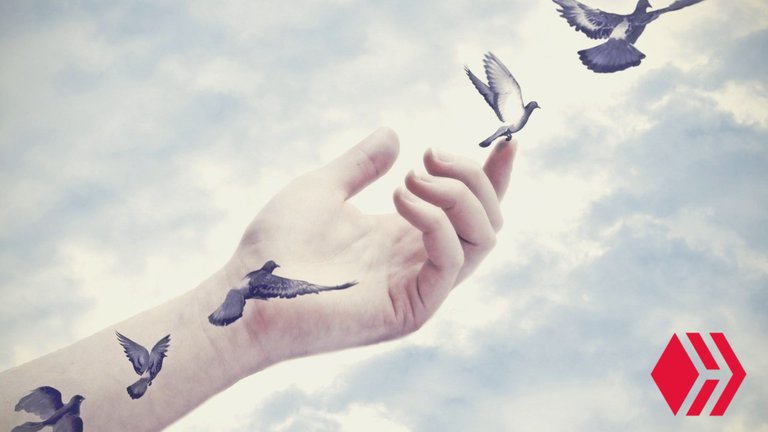
It is very common in the last two years to make references to the unfreedom of man. On the occasion of the pandemic and how much it catalyzed the limitation of freedoms both at the state and personal level, some insist that we are born trapped in situations and that we do not decide anything freely.
Name, religion, language-nation, to vaccinate for COVID or not, your socio-economic status, even our character, our life, everything is pre-decided for us. And that we are simply carrying out the "program" that was imposed on us.
I am sure that many of you will agree with this point of view, but personally, it makes me indignant.
I grew up with the story of Hercules and his choice between Vice and Virtue from Greek mythology and that of Christ, with the three temptations from the devil, on the eve of the forty days in the desert (temptation of hunger, arrogance and power) . Having these as teachings, I cannot but believe that man is the only truly free being! I will try to argue based on my opinion and scientific achievements!
We are born doomed to be free.
We are born free, because freedom of will is a consequence of our genetic code, our chaotic brain and the awareness of existence. But lets take them, step by step!
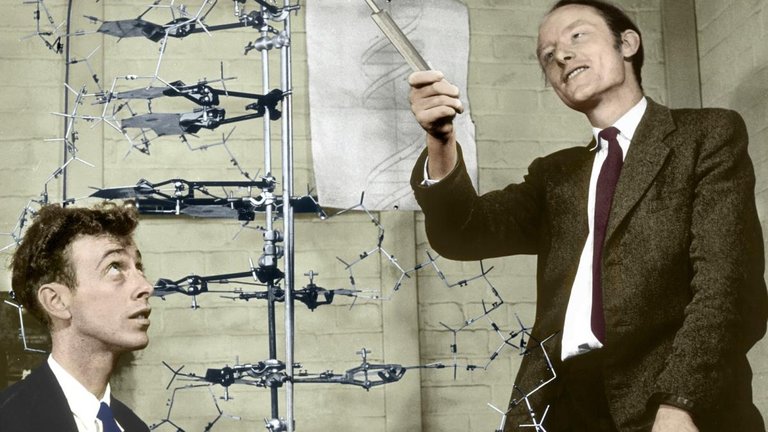
James Watson and Francis Crick discovered the chemical structure of DNA in 1953. Every organism, including man, could be broken down into a few amino acids and a few weak hydrogen bonds.
Four "letters", A T C G, could describe everything about life - and human nature. Adenine, Thymine, Cytosine, Guanine. It was that simple.
In 1990, the much-promising and hopeful program of studying the Human Genome began. It was an attempt to fully decipher the genetic information of our species, Homo Sapiens Sapiens.
Once we completed it we would have the solution for every problem and disease. It was that simple.
But it wasn't. The first finding of the Program that caused surprise (if not horror) was the staggering size of our genome.
We only need 90 million base pairs of DNA to code for the 100,000 different proteins in the human body. These would be enough to create a viable human. But in reality, we have more than 3 billion base pairs.More than 95% of human DNA is made up of what scientists call introns (or introns), which are long stretches of repetitive sequences that do not code for any proteins.
Ironically, just as the Universe seems to be made up mostly of Dark Matter, so man is made up mostly of "useless" repetitive information.
But without Dark Matter there could be no Universe, without "Junk Matter" we would not be human.The magic about this 95% of the (supposedly) redundant information that exists in our cells is that this is what makes each of us extremely different. The possibilities that this 95% gives when activated, often by accident, make us different homozygous twins, they differentiate each individual, they can also lead to a mutation of the species.
Our DNA - in a very free and marginally non-arbitrary approach - is not like a user manual of just a few pages, but more like a postmodern literary novel of colossal proportions, which every reader perceives in a different way.
The eternal game of life, to have a dialectical character.
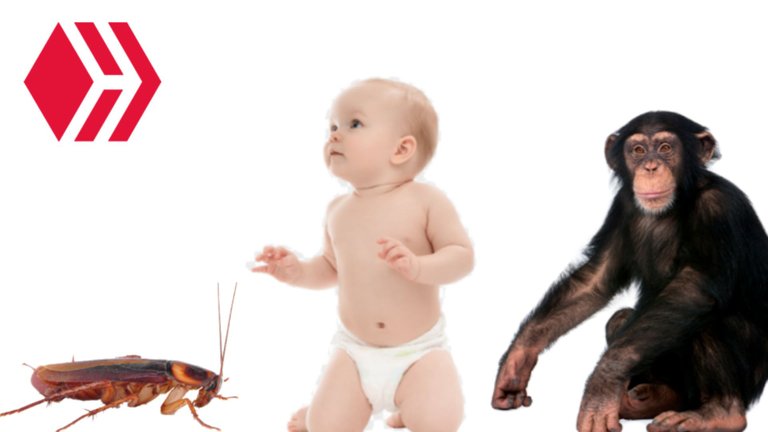
Our genome is 42% similar to an insect and 98.7% similar to a chimpanzee, but we are completely different (with some similarities) from both.
Not only do we have "useless pages" in our book as Watson and Kirk told us, but they can also be changed. Genes undergo splicing and recombination, repair, methylation, and sometimes jump to other chromosomes. These phenomena are called epigenetic, and it is as if the observer affects the observed, changing the plot of our "book".
Our cells, interacting with our environment, feed back our DNA, differentiate it.Our human nature is constantly modified by the conditions and influences of the environment.Until we got a huge brain, until we could realize our uniqueness, and that's when it got even more complicated
What then defines the human brain?
The human brain has approximately the same number of genes as the mouse! So we initially come to the conclusion that size does not determine the brain, how much more so if we take into account, that there are certain species of amoebas with larger genes in their brains! The answer in the question what defines our brain was given by Motoo Kimura.
According the great Japanese geneticist Motoo Kimura, Darwin was wrong. Luck is the key to evolution and the luckiest species survive. kimura proved that evolution is jumpy and random -chaotic. The same chaotic is our brain.
Ιn combination with neuroscientist Fred Gage's discovery that there are "junk genes" in an unusually large amount in neurons. These pesky pieces of DNA insert themselves into 80% of our brain cells, altering their genetic programming.These chaotic changes created a population of completely unique minds, since each brain reacted differently and unpredictably to environmental influences and transposed DNA elements.
All this brain anarchy works adaptively, as it allows our genes to create an unlimited variety of minds.
What then defines the human brain? We could say anything, but it is more correct to say: "The Chaos".
Do we choose our freedom or our slavery?
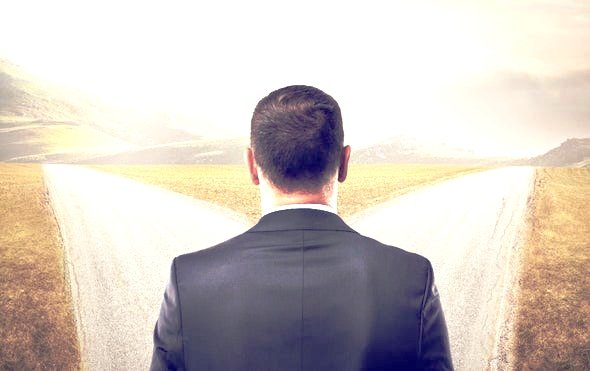
You may have been born a Christian, a vegetarian and your family only listened to classical music. There's nothing stopping you from being a Buddhist, a Satanist, or an atheist, death metal-listening carnivore when you grow up.
Each person is a work in progress, not a state.
Every day we make (small?) decisions that change our lives, our society, history. We are condemned, once we have gained awareness, to decide what we will do, how much we dare to dare.
But this is the greatness and the tragedy of man. That his freedom is intertwined with responsibility.
What personally scares me is the culture that is cultivated en masse, in the rejection of responsibility for our lives in the name of pleasure and carelessness!
Do you choose fredom and responsibility or slavery and carelessness?
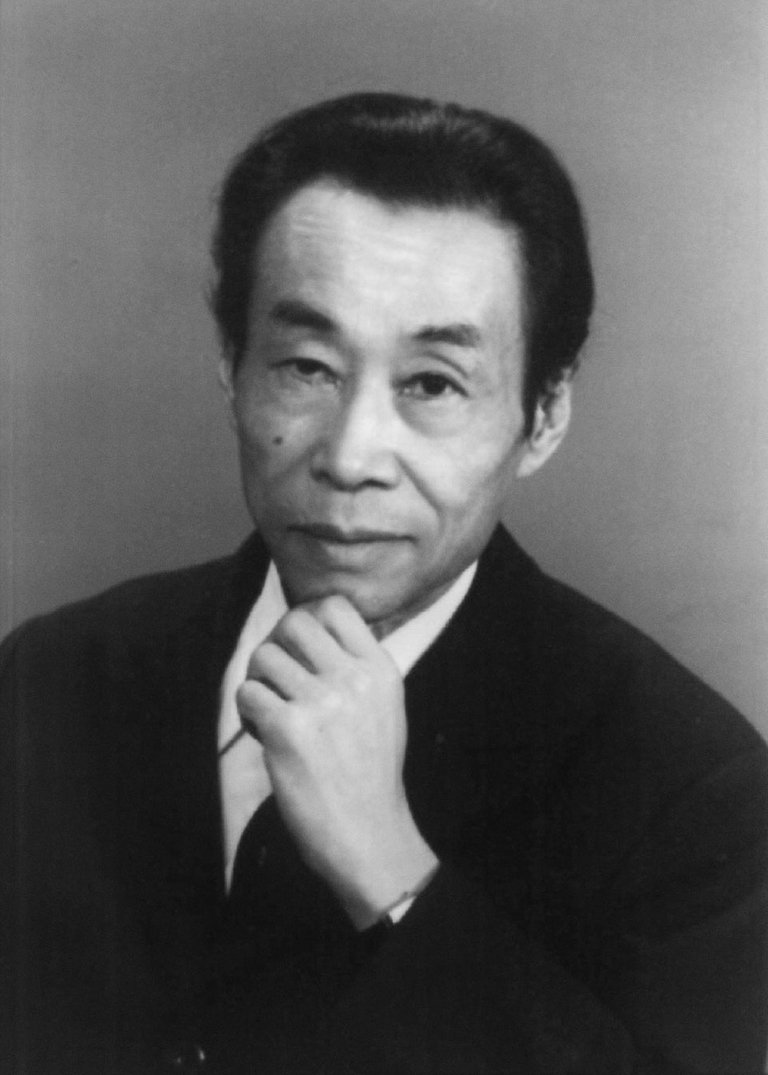
https://twitter.com/hi_hivers/status/1576618921217490944
The rewards earned on this comment will go directly to the people sharing the post on Twitter as long as they are registered with @poshtoken. Sign up at https://hiveposh.com.
I always choose freedom. Nowadays, many people are slaves to prejudices, other people's beliefs, habits that are passed down from generation to generation and which are believed to be good, so people hardly take responsibility for changing them. Freedom is the greatest value and life is too short to be in slavery.
Great words, great attitude! Although freedom as a concept can have its full meaning only in the world of ideas, the fight for it is perhaps the reason for our presence in this world! Good morning!
Thanks for your contribution to the STEMsocial community. Feel free to join us on discord to get to know the rest of us!
Please consider delegating to the @stemsocial account (85% of the curation rewards are returned).
You may also include @stemsocial as a beneficiary of the rewards of this post to get a stronger support.